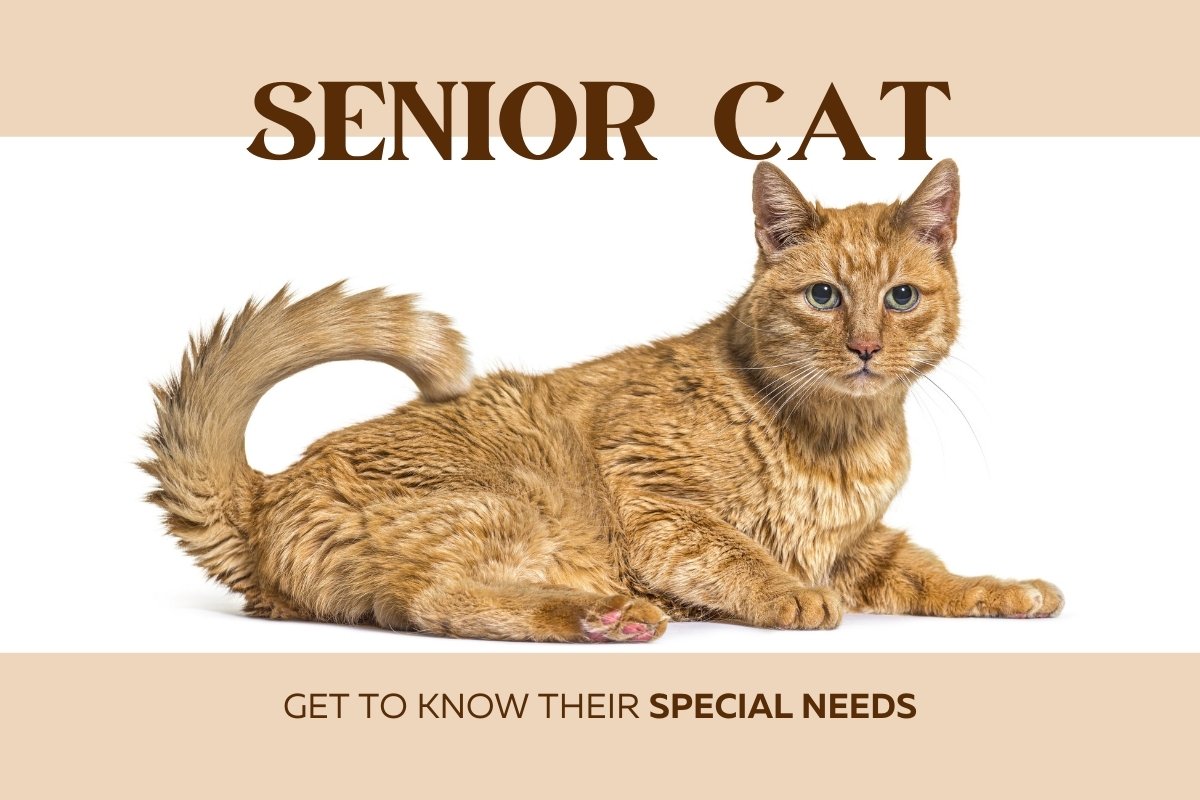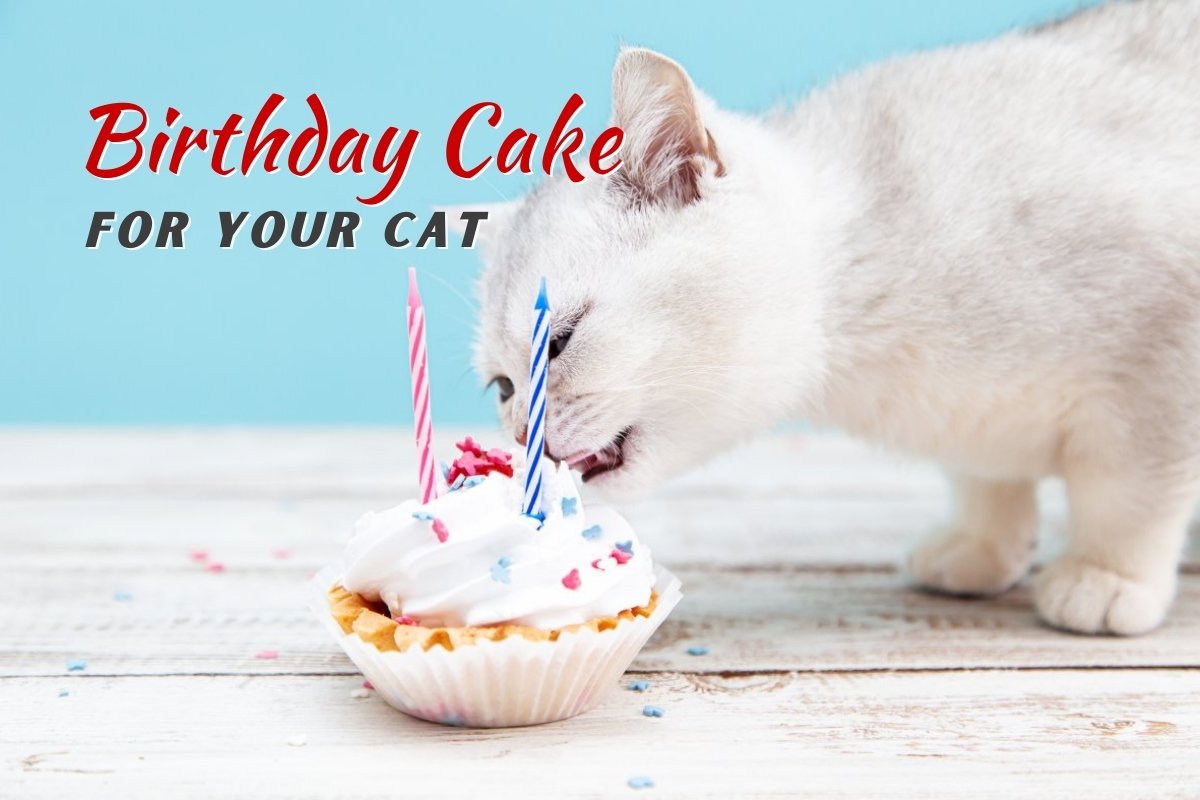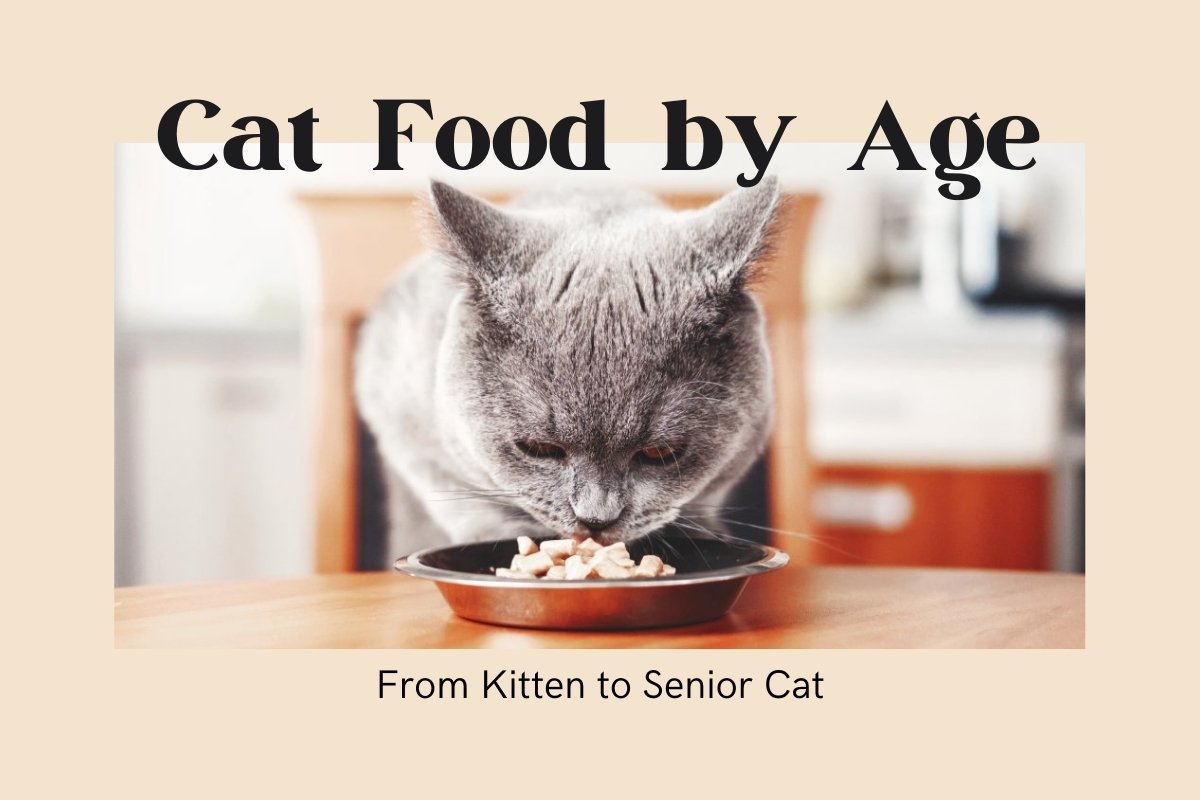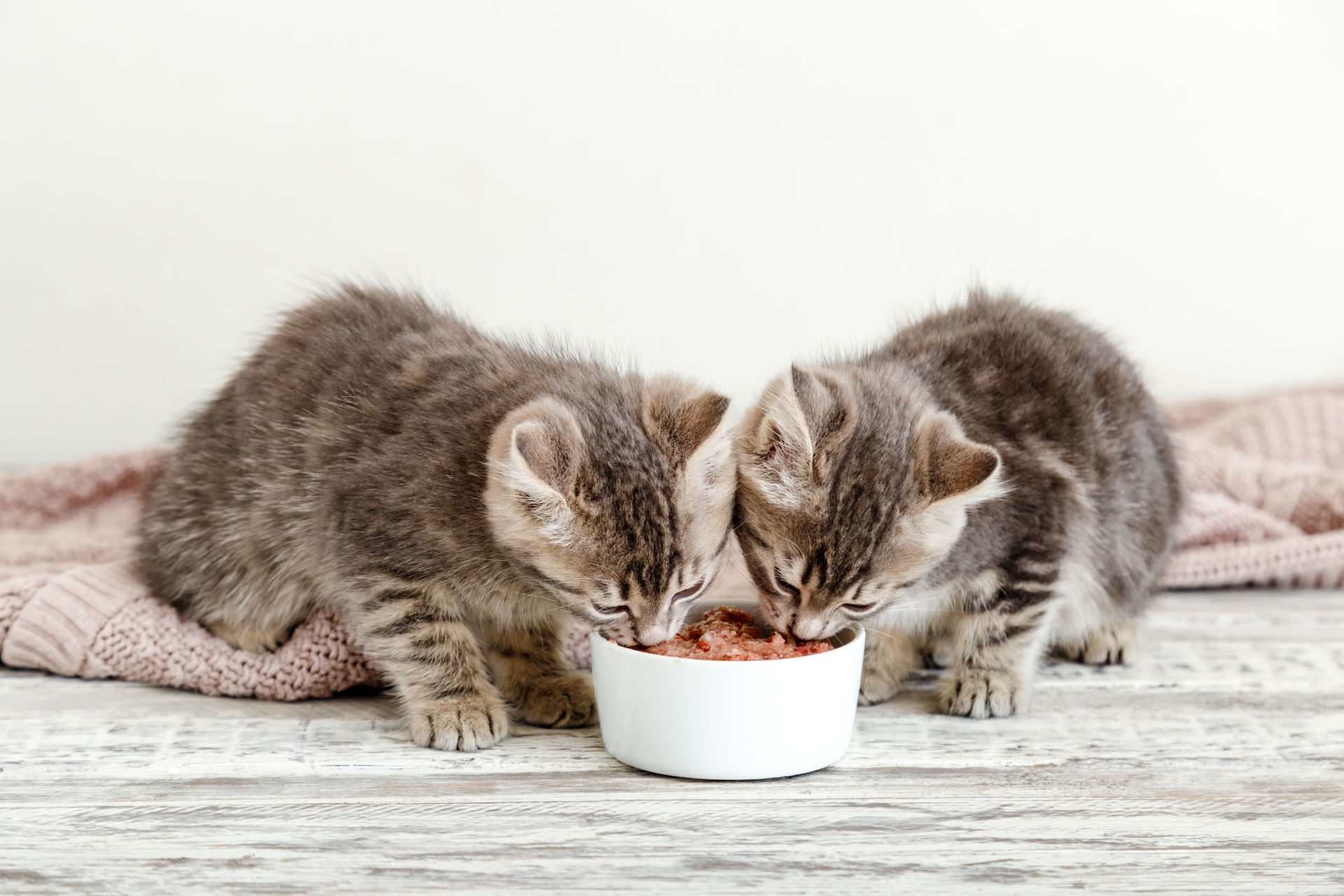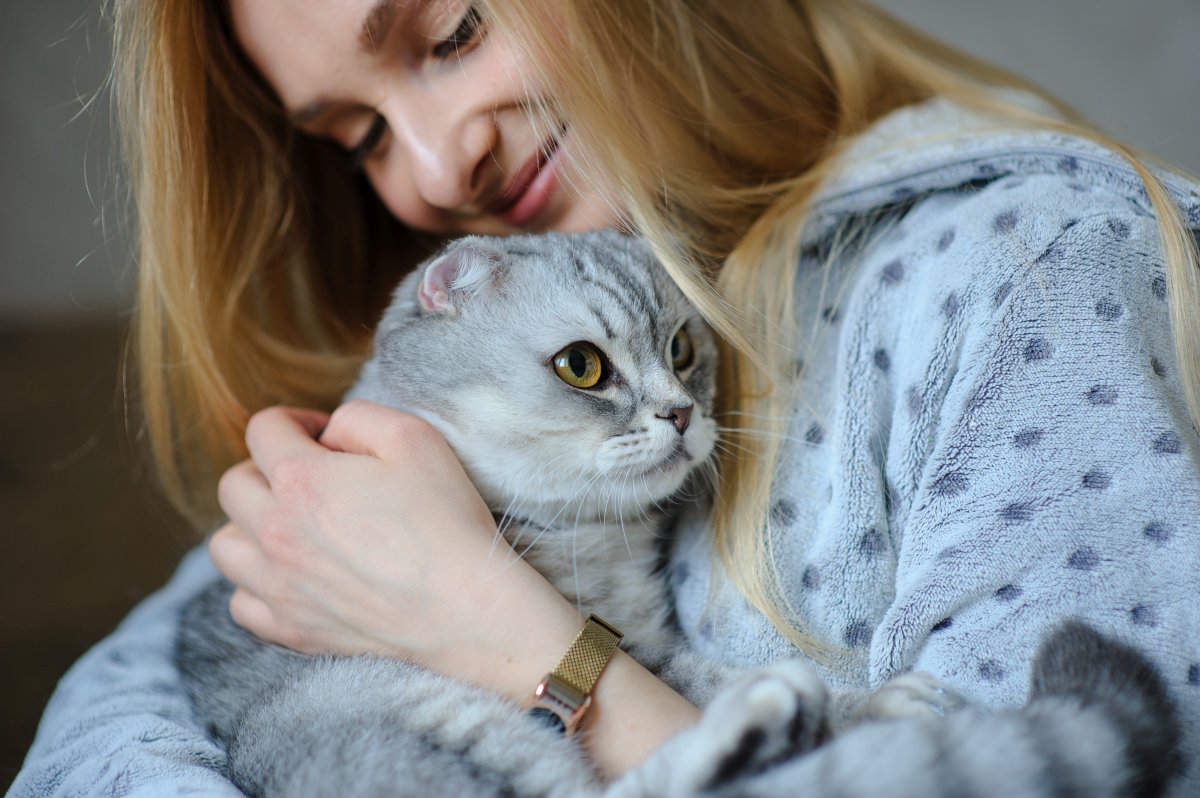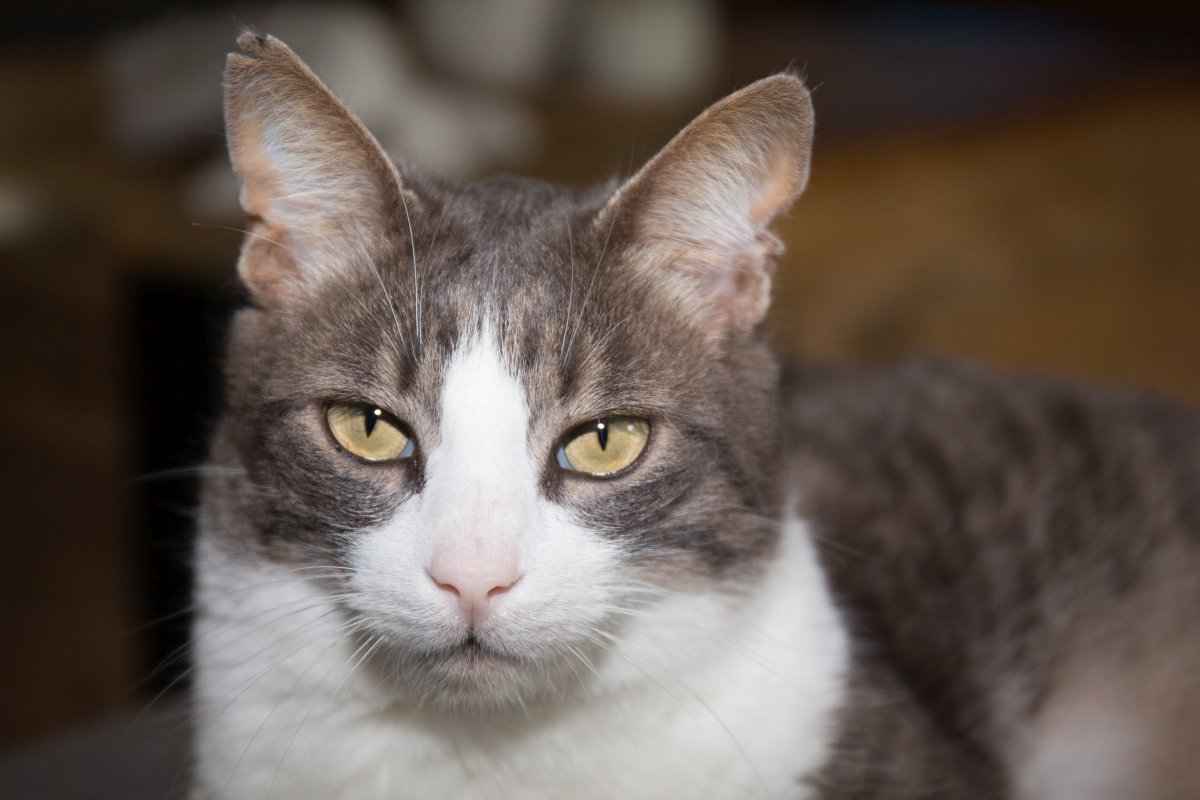Just like senior humans, cats also need special care when they get old. Their needs do change with the growing age. This aging process comes with physical and behavioral changes, which might not appear initially and are not understandable externally.
The immune system of older cats is weaker than the younger ones. Further diseases develop due to a lack of extra care, such as not maintaining the water level in the body and appropriate food, which may lead to immunity and heart diseases. Older cats are supposed to groom themselves and not leave any extra fur or hair on their body. They also tend to get hard and thick claws day by day, and the problem of dementia is common in older cats.
You will hear the sound of “meow” extremely, and they get less social too. Cat’s life duration is around 16 years or even more, depending on their health. Obviously, being a cat parent, you must be worried about their health and want them to live a long life. When you bring them home, they become your tiny fur baby that roams in the house and gets along with everyone, but the situation totally gets opposite when they get old. They lose their energy and act dumb or sleep the whole day in their favorite corner.
Old Age Is Not a Disease
Getting old is a natural process that comes with a variety of changes in advancing years, but sometimes it is considered a disease. However, there are conditions that affect your cat in old age, which are harmful but can be controlled easily in the beginning.
To maintain a healthy lifestyle for your cat, it is your responsibility to look after its needs and wants, which will reduce the factors that may harm her health. It is suggested to detect the early signs of diseases that may risk your pet’s life and improve the quality of life and body’s system.
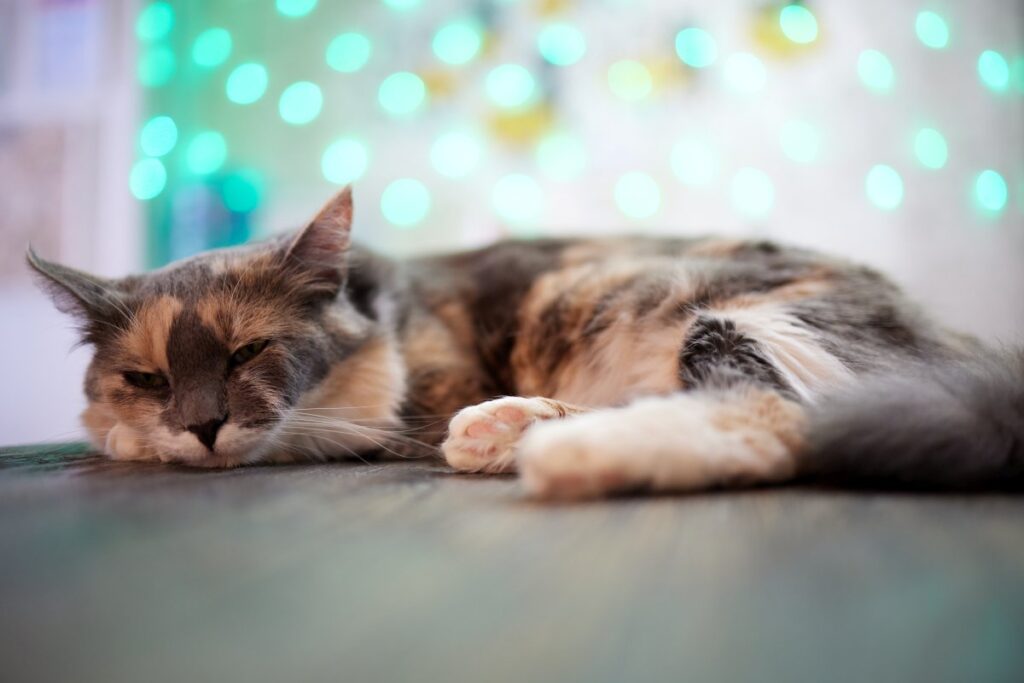
What Happens When Your Cat Is Aging?
The aging process comes together with certain physical and mental changes in behavior.
The aged cats are unlikely to fight with foreign attackers as compared to the younger ones because the immune system of older cats is less responsive. Diseases linked with aging may damage the immune system even more severely.
A common factor of contracting chronic diseases is low water intake, which leads to dehydration, further reducing blood flow and the immune system. The skin of an aged cat loses elasticity and becomes thinner. Also, low blood circulation will expose the cat to other viral infections. Their grooming skills become slow, which results in hair matting and skin odor which brings more diseases from other pets. Their claws are overgrown, thick, and hard.
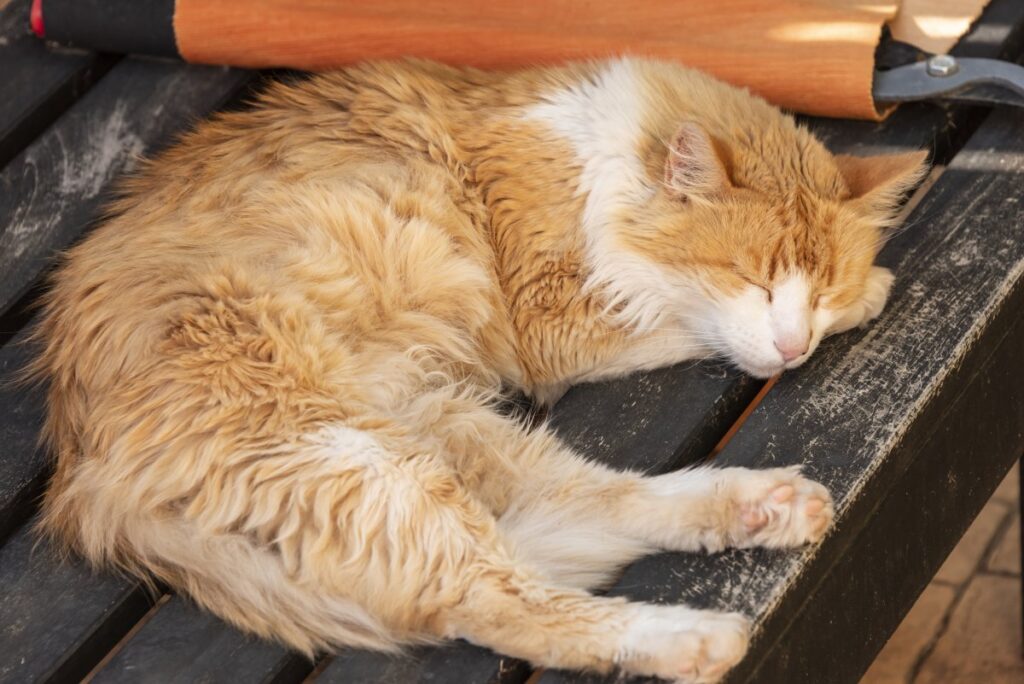
In senior cats, loss of hearing is a common thing due to various reasons. Few changes can be seen in their eyes, such as slight haziness in the eye lens and a fine sign on the iris are age-related factors and changes. However, these signs will not halt their vision, but there are severe diseases that are associated with blood pressure that can be extremely harmful and permanently damage the cat’s ability to see.
Some dental diseases are common in senior cats that can hold back their eating habits and result in major pain. Loss of appetite may occur due to health issues, and your cat will lose interest in eating meals. A decrease can be seen in the sense of smell, and due to dental diseases, your cat will hesitate in eating. Cat’s kidneys suffer a lot of changes while getting old that will eventually lead to low progress and slow function in the body. One of them is kidney failure which is common in older cats, and its symptoms are extremely diverse.
Keeping Your Senior Cat Healthy
A close and thorough observation is one of the best things to do for your cat’s health. You should perform a basic physical examination more often. For this process, you can ask for help from your vet and get a guideline to perform a home examination. It will be good to take the examination a normal way of interaction.
Just as when you are cuddling with your cat or playing with her. Scratch your cat’s chin or gently raise her upper lips with a finger to examine the teeth and gums. You can also examine other parts with the same technique, such as the tail or paws. While rubbing the cat’s fur, you can check for irregular lumps or bumps on her body.
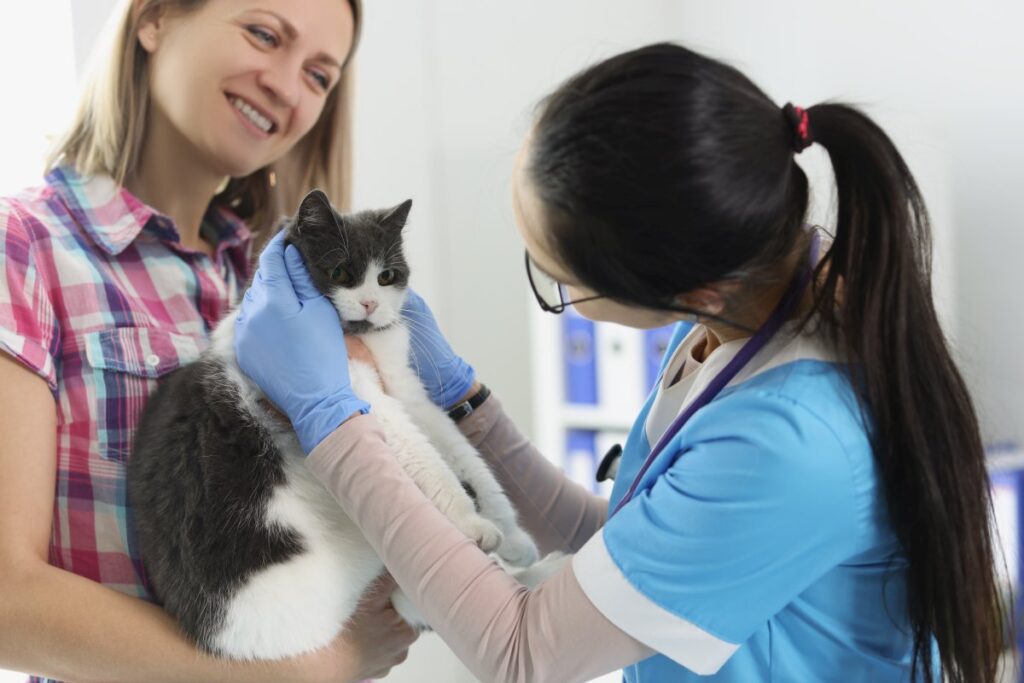
These are a few things which you can do to keep your cat healthy.
- Brush your cat’s teeth
- Brushing her furs
- Try to reduce her stress
- Proper diet
Brush Your Cat’s Teeth
Your cat needs brushing with specific toothpaste. It is the most effective way to prevent dental diseases. Having a dental problem is very common in older cats that results in developing other health problems. So maintaining oral health is essential for a healthy lifestyle.
Brushing Her Furs
Brushing her hair daily will help prevent hairballs and remove loose hair. Brushing also increases blood circulation and gland secretion, leading to a healthy coat and skin.
Reducing Her Stress
Your cat might be stressed due to a few things, such as missing a family member that is not present at the moment, changing her location, or visiting a new place. Make sure she gets along with unknown things comfortably.
Proper Diet
Last but not least, proper diet and balanced nutrition in her meals are essential for your senior cat. Feed her food with proteins and also give her enough water as cats become thin when they get old.
Conclusion
Cats hide things from their parent more efficiently, such as their illness and issues. It is common for a senior cat to get severe medical conditions due to her old age factor. Therefore, detecting the diseases in the early stage would be beneficial, and you will enjoy your time with your senior cat.

